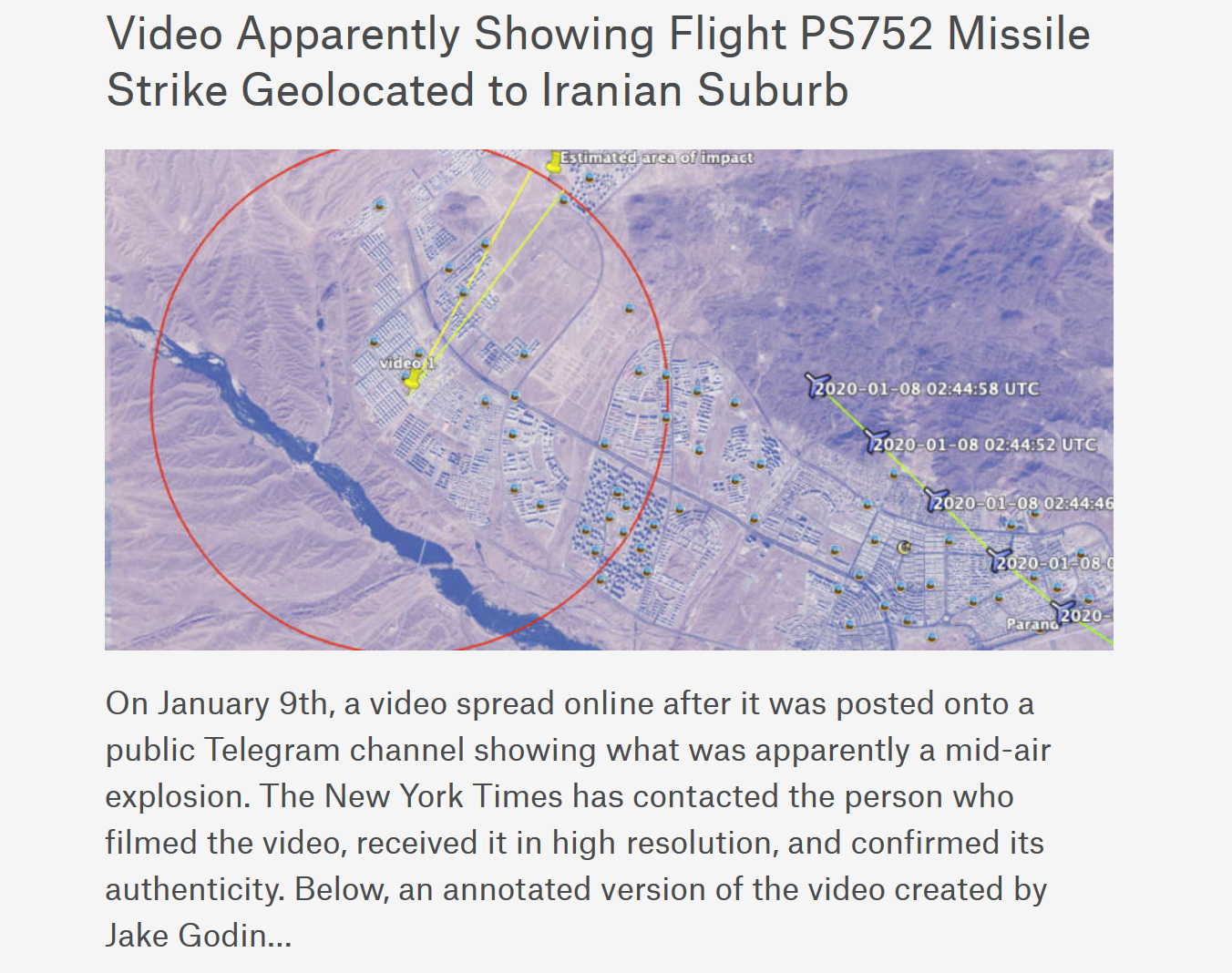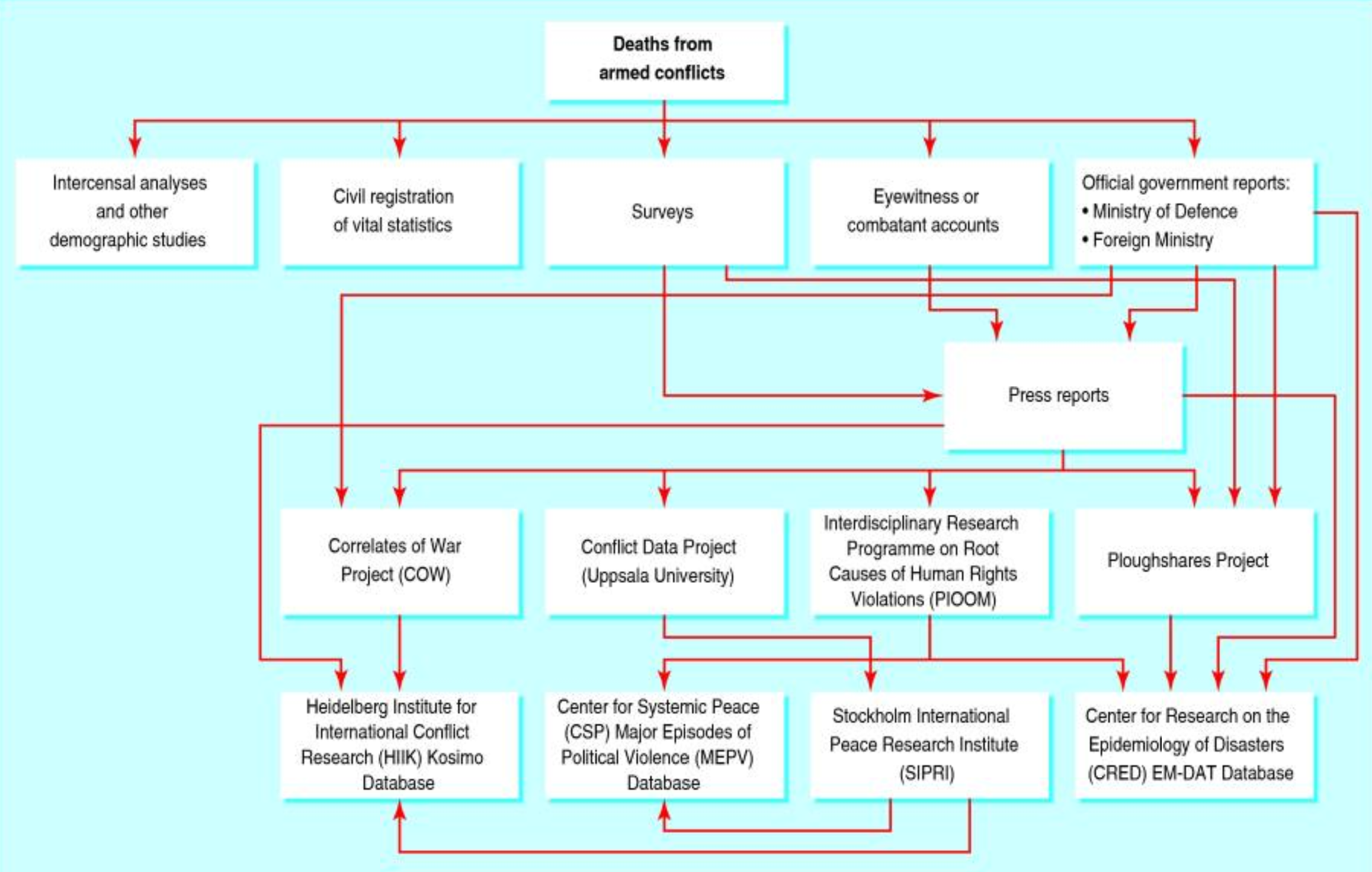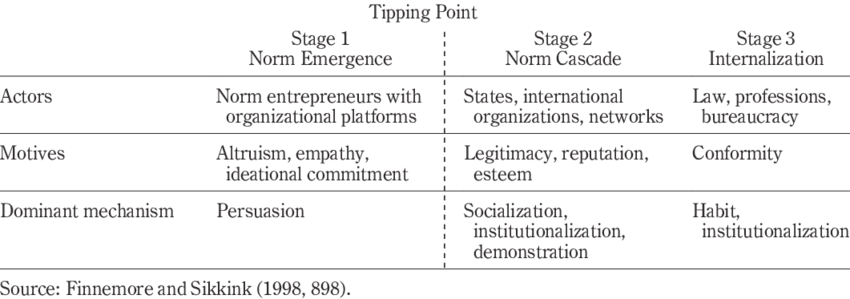class: center, middle, inverse, title-slide # Dirty Wars ## Arguing About Civilian Casualties in Iraq and Syria ### Jack McDonald ### 2020-01-23 --- class: inverse # Lecture Outline .pull-left[ - Identifying Research Problems in Research Fields - Example: Measuring Civilian Death in Contemporary Conflicts - Research Problems and Research design - Example: Measuring Civilian Casualties in Iraq and Syria ] .pull-right[ ] ??? asd --- class: inverse # Identifying Research Problems in Research Areas ??? --- # Research Areas, Problems, Puzzles .pull-left[ .medium[A research area is an area of general interest A research problem is a question relevant to academic research that a well-formulated research puzzle clarifies using existing academic research > We propose that the following formula succinctly captures what research puzzles look like: ‘Why _x_ despite _y_?’, or ‘How did _x_ become possible despite _y_?’ Karl Gustafsson and Linus Hagström, _what is the point?_ ] ] .pull-right[ Research on an (academically) important problem is likely to have consequences (however minor) for disciplines - Introducing new evidence - Confirming or refuting existing results (null results can also be important) - Reframing existing problem ] ??? --- class: inverse # Small Group Discussion .pull-left[ A research area is an area of general interest (academic, policy) A research problem is a question relevant to academic research that a well-formulated research puzzle clarifies using existing academic research ] .pull-right[ Considering your research projects (you may only be thinking of a research area, or may already have a research problem): What important research problems exist within your selected research area? Are any of these problems particular to this research area? Why? ] ??? --- # Levels of Problems .pull-left[ Look up, before narrowing down Given a problem area: Disagreements about the measurement of civilian casualties in war .medium[ - Why do states measure, or fail to measure, civilian casualties in war? - How do states "understand" the consequences of their actions? - Are states rational entities? - How do we explain state behaviour? - What is the best model for international order? ] ] -- .pull-right[ Consider international relations: - Constitutive problem: States failing to avoid war - Central problems: Explanations for state behaviour, processes of international politics - Reflexive problems: Structure of inquiry in IR, purpose of inquiry in IR ] ??? --- class: inverse # Small Group Discussion .question[How does your research problem relate to constitutive or central disciplinary problems?] ??? --- class: inverse # Measuring Civilian Death in Contemporary Conflicts ??? --- # The OSINT/Data Journalism Era .pull-left[ > Airwars is concerned that the Coalition’s own monitoring systems miss many reports of non-combatant fatalities. To the end of June 2015, officials appear to have identified only one third of 118 alleged cases of concern. Airwars, _Cause For Concern_ ] .pull-right[  ] ??? --- # Identifying Problem Context .pull-left[ Why are there persistent disagreements between states and NGOs over the level of civilian casualties in contemporary conflicts? What kind of people are concerned with measuring civilian casualties? Who are civilian casualty estimates important to, and why? ] -- .pull-right[ - International relations - Security studies - Strategic studies - Public health - Ethics - Communication Studies - Science & Technology studies ] ??? --- # Higher Level: Public Health .pull-left[ .medium[ > Most published analyses of deaths from conflict have relied on press reports of eyewitness accounts and official announcements of combatants. Many reviews cite figures from other reviews, making estimates of mortality difficult to validate. Exacerbating the problem is a wide range of definitions of conflict used by the databases. C.J.L. Murray et al., _Armed conflict as a public health problem_ ] ] .pull-right[  ] ??? https://www.ncbi.nlm.nih.gov/pmc/articles/PMC1122272/ --- # Higher Level: Norm Entrepreneurs .pull-left[   ] .pull-right[ > Norms do not emerge out of thin air; they are actively built by agents having strong notions about appropriate or desirable behavior in their community Martha Finnemore and Kathryn Sikkink, _International Norm Dynamics and Political Change_ ] ??? --- # Parallel Problems .pull-left[ Problem 1: Defining civilian harm in contemporary conflict Problem 2: Debates over the legitimacy of violence in contemporary conflict ] .pull-right[ > increasingly we conduct operations amongst the people... Military engagements can take place against formed and recognizable groups of enemy moving amongst civilians, against enemies disguised as civilians, and unintentionally and intentionally against civilians. Rupert Smith, _The Utility of Force_ ] ??? --- class: inverse # Research Problems and Research Design ??? --- # Descriptive, Causal, Normative .pull-left[ Isolate moving parts by identifying area of main effort Social scientists typically focus research into descriptive, causal, and normative strands - What differentiates civil wars from other categories of conflict? - Why do civil wars kill so many civilians? - Should we "give war a chance"? ] -- .pull-right[  > Don’t cross the streams. Egon Spengler, _Ghostbusters_ ] ??? --- class: inverse # Small Group Discussion .pull-left[ > Description [is] any empirical argument (hypothesis, theory, etc.) about the world that claims to answer a _what_ question... wherever there is an implicit or explicit claim that a factor generates variation in an outcome the argument [is] causal. John Gerring, _Social Science Methodology_ ] .pull-right[ How would you characterise your own research project? (Descriptive, causal, normative) How could you approach your research problem from a different angle? ] ??? quote p.107 --- # Identifying Related Research .pull-left[ By considering the close-coupled questions in a research problem, it becomes possible to identify the areas that need to be explained to the reader Example: Norm contests regarding the use of weapons of mass destruction ] .pull-right[ .medium[ - If I want to examine the utility of the WMD term, I might have to explain the role of framing in IR, and the normative significance of some language - If I want to look at causes, I need a definition of WMD, and might have to explain why some people class WMD as a special moral issue - If I want to examine arguments re the morality of WMD use, I'd need a definition of WMD, and might have to explain different explanations of WMD use/non-use, or the causal logic behind perceptions of consequences of WMD use ] ] ??? --- class: inverse # Measuring Civilian Casualties in Iraq and Syria ??? --- # The Research Area .pull-left[ Key NGO campaigns associated with contemporary conflicts: - Responsibility - Accountability - Transparency - Legitimacy ] .pull-right[  Controversy about who is responsible for civilian casualties, but also about nature of duty to report civilian casualties in a democracy ] ??? --- # Problem Re-Statement .pull-left[ Why are there persistent disagreements between states and NGOs over the level of civilian casualties in contemporary conflicts? ] .pull-right[ In this sense, we can see that the problem is multi-faceted: - Who counts as a civilian casualty? - Why do numerical counts of civilian casualties differ between organisations? - What _should_ governments do about this discrepancy, and why? ] ??? --- # Descriptive/Causal .pull-left[ .small[ Theory driven question: > What defines a civilian casualty? Empirical question: > Do the categories of civilian casualty differ between NGOs and state militaries? State-level explanation: > Why do Coalition governments refuse to accept responsibility for a significant number of civilian casualties in Iraq and Syria?]] .pull-right[ .small[ Institutional explanation: > Why do organisations produce differing measures of attributable civilian casualties in Iraq and Syria? International norms: > Should states adopt new standards for reporting civilian casualties? Judgements: > Should the U.K. accept responsibility for a greater number of civilian casualties in Iraq and Syria? ]] ??? --- # Conclusion: Selecting a Problem Questions to ask yourself: - What is the more general version of the question I'm asking? - How does this question relate to core questions within a discipline? - Who might also be interested in the exact same question? - What are the "close-coupled" problems? - Do I want to focus upon descriptive, causal, or normative issues?